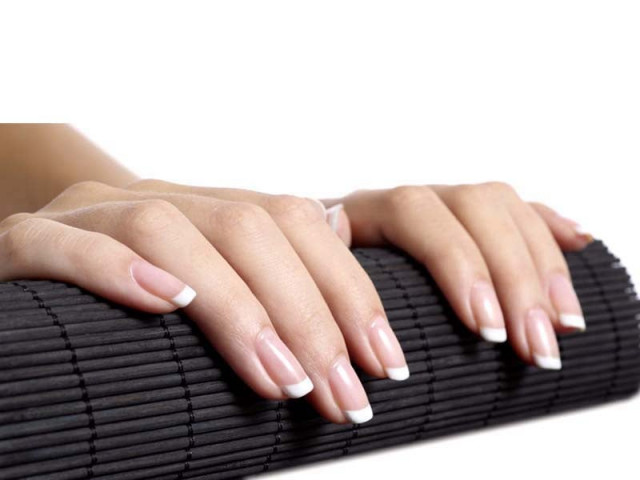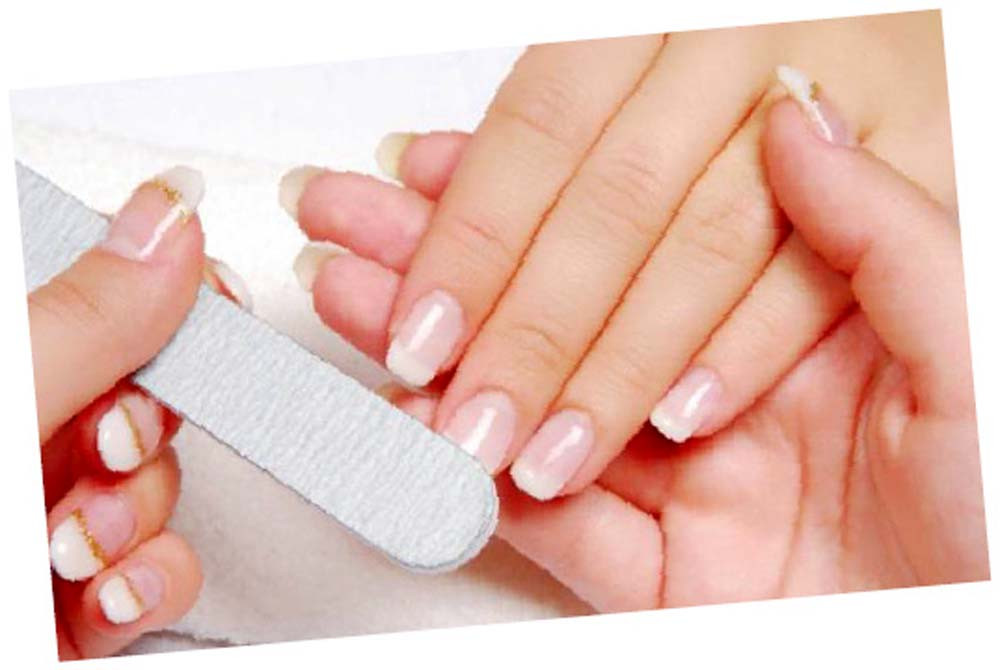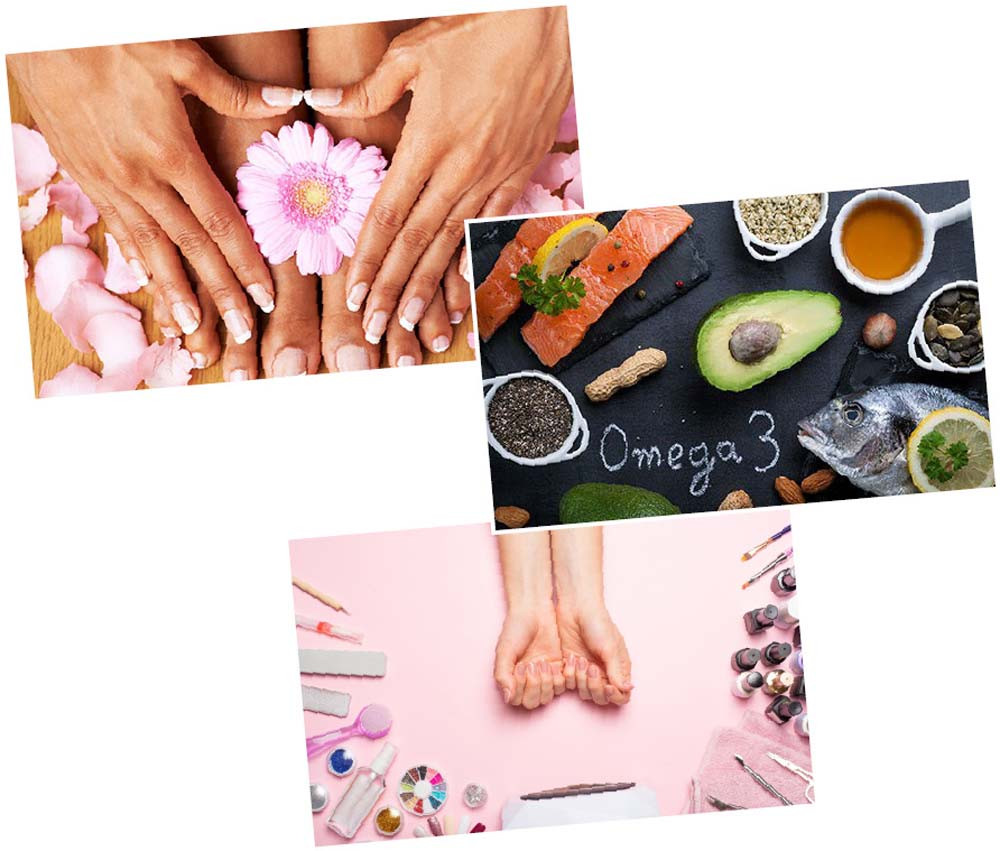7 supplements to promote healthy nails
Your fingernails can say a lot about your health

If you didn’t know, your fingernails can say a lot about your health. If you love your regular acrylic nails appointments or if you have an unhealthy lifestyle, your nails may become flaky or parched. The nail bed constantly gives rise to nail tissue, and adequate vitamin, mineral and nutrient intakes help support the growth, formation and strength of new nail cells. However, a change in the appearance, texture or shape of your nails could indicate nutrient deficiencies and you may need supplements to make your nails healthy again. Here are some of the vital vitamins and nutrients to keep your nails healthy.
Biotin
Consuming Biotin through foods or supplements may help strengthen brittle nails and improve growth. Biotin is a B- vitamin complex, also known as vitamin B7, coenzyme R and vitamin H. It promotes healthy cell growth and aids in the metabolism of protein-building amino acids that are essential for nail growth. One study in 35 people with brittle fingernails found that 2.5mg of biotin per day for six weeks to seven months improved symptoms in 63% of participants. Biotin is most concentrated in organ meat such as liver, but can also be found in egg yolk, dairy products, yeast, salmon, avocado, sweet potato, nuts, seeds and even cauliflower.

B Vitamins
Vitamin B and B12 play an important role in red blood cell production and supply oxygen to nail cells. Inadequacies may result in discolouration of nails. Vitamin B12 also plays a role in iron absorption, as well as the development of red blood cells that keep the nails healthy and strong. A deficiency in vitamin B12 or vitaminB9 can result in entirely blue nails and bluish-black pigments with dark streaks and make them rigid and brittle. To prevent deficiencies, adults require 2.4mcg of vitamin B12 and 400 mcg of folate per day. Folate can be found in dark green vegetables, citrus fruits, beans, peas, lentils, nuts, seeds and avocado. On the other hand, B12 is primarily found in animal foods, such as meat, poultry, fish, and eggs and dairy, though it can be fortified into other foods and beverages.
Iron
Iron is essential to provide the cells in the body with adequate oxygen which is necessary for healthy nails. If you have an iron deficiency the shape and appearance of your nails can be affected. An iron deficiency or anemia can lead to vertical ridges in your nails and without iron; oxygen does not get adequately carried to your cells. Your body absorbs the iron found in animal foods, such as beef, chicken, fish and eggs, dark green leafy vegetables, peanuts, seeds, beans and other fortified foods. However, eating a food rich in vitamin C together with a plant-based iron food source improves absorption. Eating oranges and strawberries alongside a spinach salad with beans and seeds will improve iron deficiency.
Magnesium
Adequate magnesium intake is vital to prevent vertical ridges in nails. Magnesium helps with protein synthesis and the formation of new nails and is also a mineral that is involved in over 300 reactions in the body. Magnesium is found in whole grains, specifically whole wheat, dark green leafy vegetables, as well as quinoa, almonds, cashews, peanuts, edamame and black beans, are good sources of magnesium.
Protein
Adequate protein intake is needed to produce keratin, which is responsible for keeping nails strong and resilient. Nails are primarily made of a fibrous structural protein called keratin. This is what gives nails their strength and resilience. It also protects your nails from damage or stress. Interestingly, the keratin you see is actually dead. Nails are formed by dead cells, which your body sheds as new cells push up from underneath. Consuming protein through your diet is essential for boosting keratin production and thus creating strong nails, whereas low protein intake may cause weaker nails. Protein can be sourced from animal foods like meat, poultry, fish, eggs and dairy, as well as plant foods, such as soy, legumes, beans, lentils, nuts, seeds and whole grains.

Omega-3 Fatty Acids
To prevent dry and brittle nails, Omega-3 fatty acids should be consumed as it gives your nails a shiny appearance. Omega-3 fatty acids can help lubricate and moisturise your nails, giving them a luster. These fatty acids may also reduce inflammation in your nail bed, which nourishes and promotes the health of cells that give rise to your nail plate. Fish like salmon, trout, mackerel, tuna and sardines top the charts with omega-3s, but they can also be found in walnuts, soy, eggs, chia seeds, flaxseeds and fish and flaxseed oil.
Vitamin C
Vitamin C is essential for the production of collagen, a protein that gives shape, strength and integrity to many tissues and is the building block of fingernails, hair and teeth. A deficiency in vitamin C can result in brittle nails, as well as slowed nail growth. Vitamin C is an essential nutrient and cannot be produced by your body. Men require 90mg and women 75mg per day. While citrus foods such as oranges, strawberries and kiwi are thought to be the best sources of vitamin C, bell peppers, green vegetables and tomatoes are very high in this nutrient as well. In fact, red bell peppers have more than twice the vitamin C of an orange.



















COMMENTS
Comments are moderated and generally will be posted if they are on-topic and not abusive.
For more information, please see our Comments FAQ